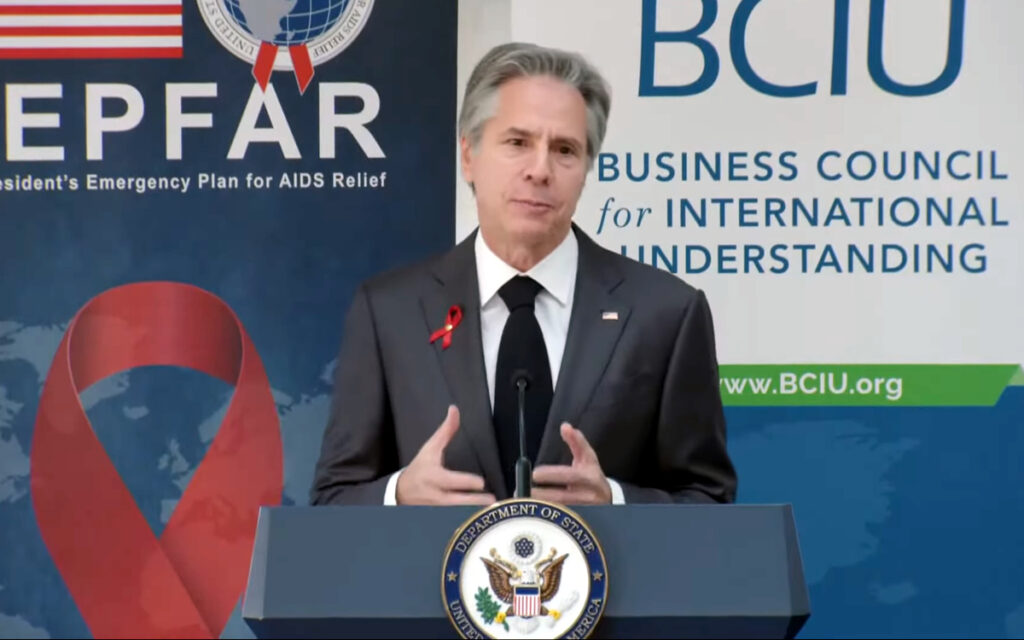In the early days of one of Africa’s few advanced clinics dedicated to HIV and AIDS, Dr. John Nkengasong, now at the helm of America’s endangered global AIDS initiative, would often hear the arrival of taxis outside his office window. These taxis brought in desperate families seeking assistance for their dying loved ones, whether it be a comatose adult or a severely emaciated child. This was before the launch of the U.S. President’s Emergency Plan for AIDS Relief (PEPFAR) in 2004, a time when effective and affordable treatment was scarce across the African continent, leaving few options for patients and their families.
Nkengasong, who has devoted years to combating HIV and AIDS in Africa, shared his insights amid a congressional funding battle that threatens the future of the AIDS program. Critics argue that HIV/AIDS funding could indirectly support overseas abortion services, though the Biden administration and PEPFAR’s supporters refute these claims. After conservative lawmakers insisted on attaching restrictions to the funding, a compromise was reached in late March to extend it for a year.
Before PEPFAR, Nkengasong’s clinic in Abidjan, Ivory Coast, could offer little to no care to families seeking assistance for their terminally ill loved ones. Often, families would gather outside the clinic, providing comfort to their dying relatives as they awaited their final moments. The scene was a grim reminder of the devastating toll of HIV/AIDS, with the wails of grieving families echoing through the clinic’s windows.
Today, Nkengasong’s visits to Africa are filled with meetings with individuals whose lives have been transformed by PEPFAR, the largest government initiative against a single disease. Over the past two decades, the programme has invested over $110 billion in HIV care, treatment, and prevention efforts, saving millions of lives across sub-Saharan Africa and other vulnerable regions.
Despite these advancements, sub-Saharan Africa remains disproportionately affected by HIV/AIDS, with millions still living with the virus. Yet, the impact of PEPFAR and similar initiatives cannot be overstated, as they have not only provided critical medical care but also strengthened healthcare systems and offered hope to millions of individuals and families affected by the epidemic.











More Stories
AI to assist doctors in detecting broken bones in X-rays
Enhancing digital health initiatives could help prevent millions of deaths from noncommunicable diseases
Sweden Confirms Its First Case of Mpox